Found: Tiny Grains of Rock That Reveal a Lost Continent
It’s hiding under Mauritius.
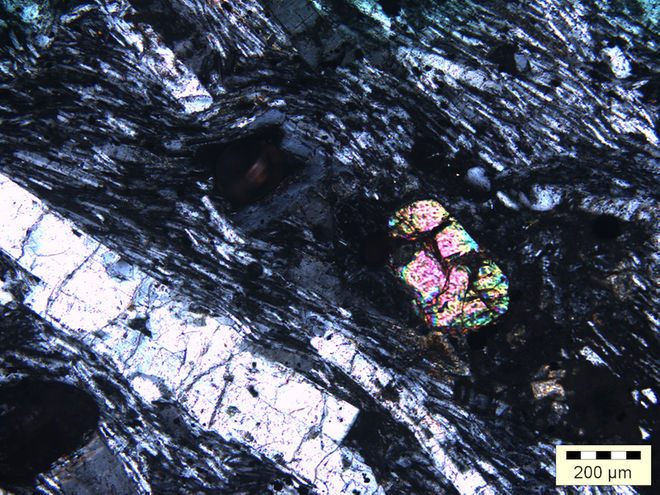
By the standard of land on Earth, the island of Mauritius is quite young. Rocks found on the island are no more than 9 million years old, a fraction of the age of rocks on large continents, which date back billions of years. Islands tend to be new land, formed relatively recently by dramatic geologic events.
But a new report, published in Nature Communications, identified tiny grains of mineral, embedded in otherwise young rocks, that were much older—2.5 to 3.0 billion years old. Those zircon crystals indicate, the authors write, that underneath Mauritius is a piece of ancient continental crust, hidden below the young island.
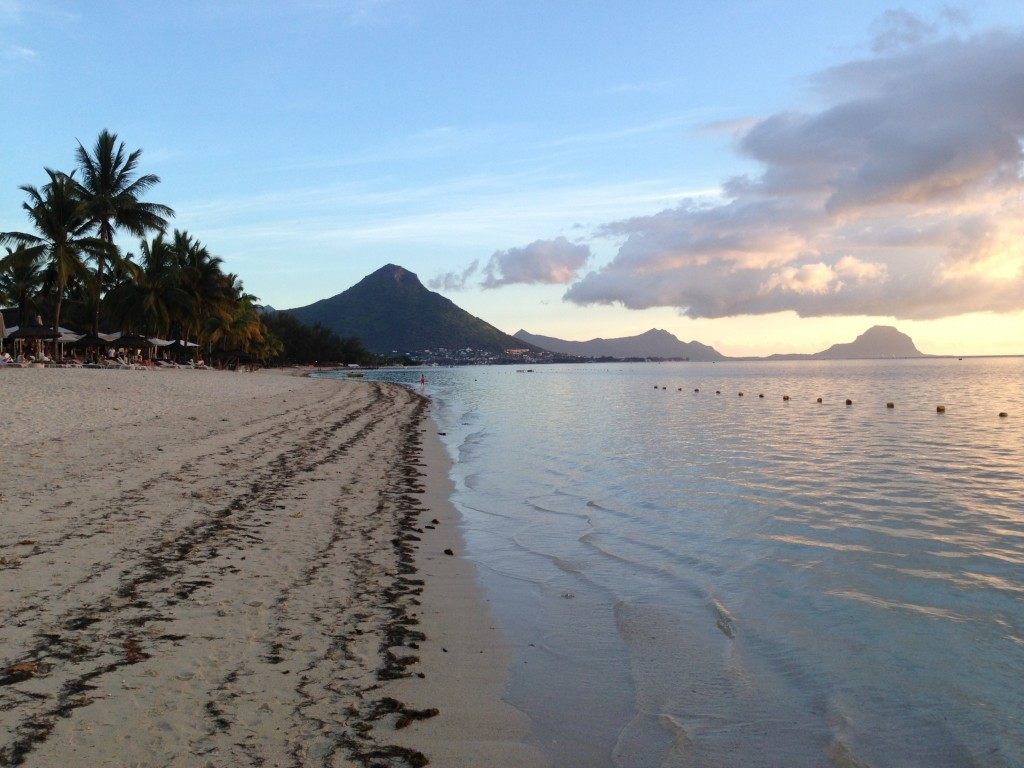
Geologists had already been thinking that seemingly young islands might have fragments of continental crust hidden below. In Mauritius, models had shown that the crust under the island was thick, and zircons dating back hundreds of millions of years had been found on the beach. In their study, the scientists located outcroppings of 6-million-year old volcanic rock. From one sample of that rock, they extracted thirteen grains of zircon; three of those grains had the characteristic of ancient continental crust.
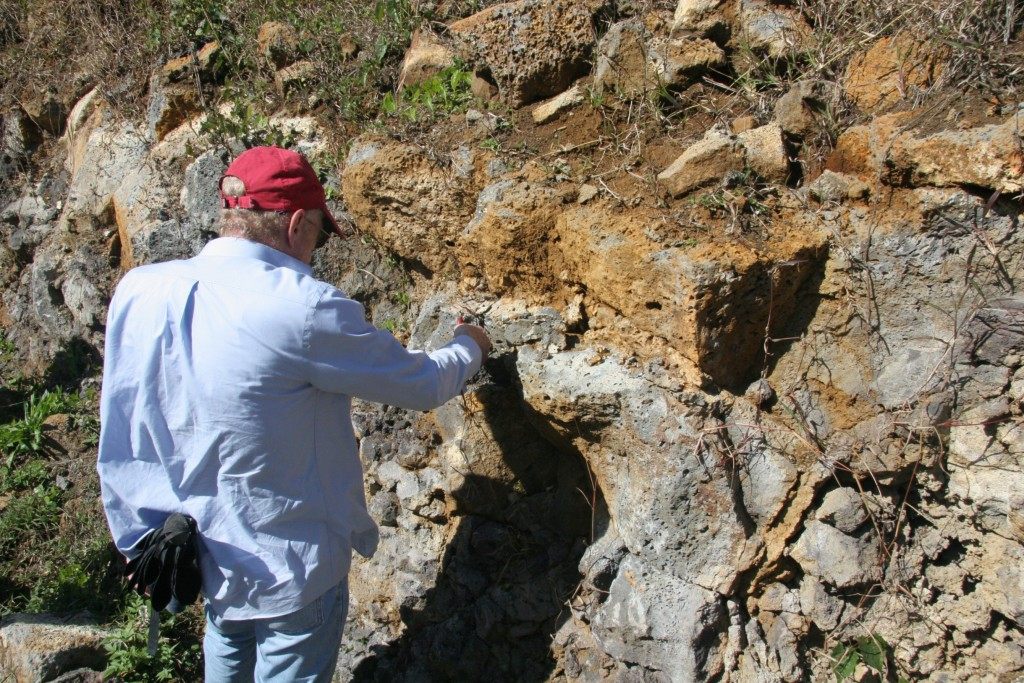
These results lead the report’s authors to propose that Mauritius and other potential continental fragments, which they call, collectively, “Mauritia,” actually has an ancient continental crust underlying it—there’s a previously unknown piece of ancient continent hiding under the ocean. That land would have formed part of ancient Madagascar and India and been fragmented during the early Cretaceous period, as the Indian ocean formed.
One little piece of that ancient continent, though, stuck around long enough to be covered in young lava and form the island of Mauritius. About six million years ago, tiny specks of mineral from billions of years ago got caught up in a burst of lava and came back to the surface, where eventually scientists were able to discover them.


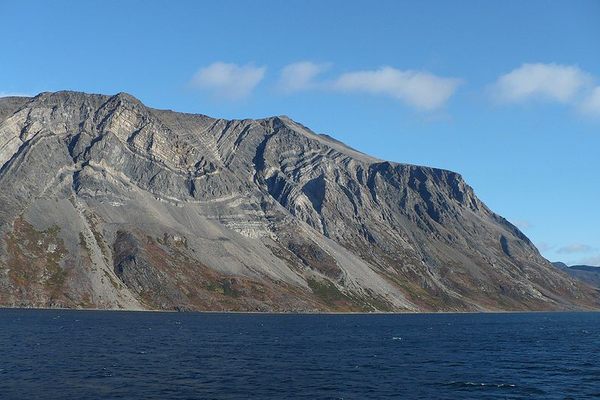


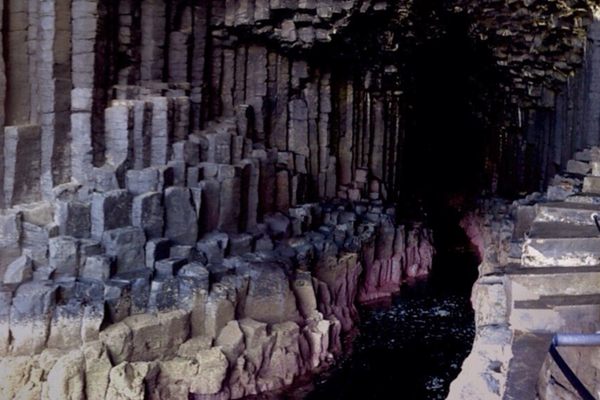


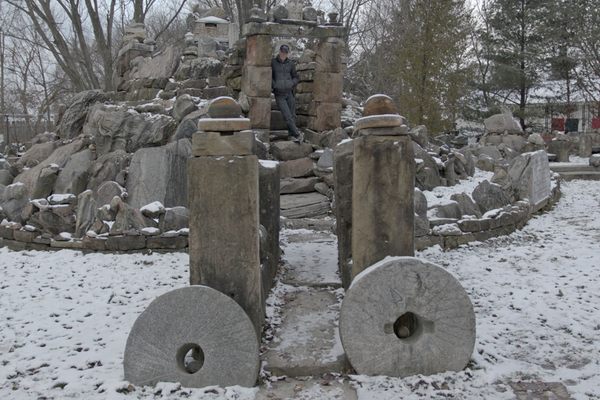



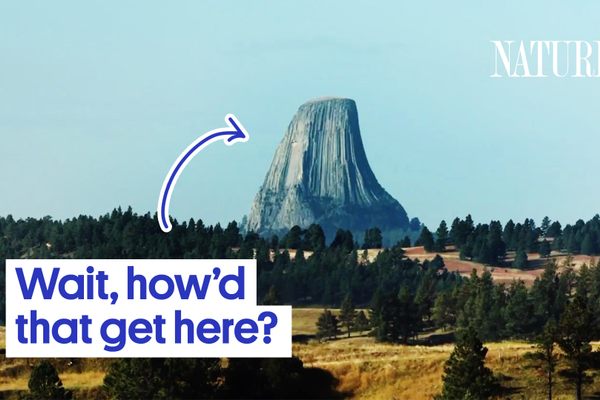

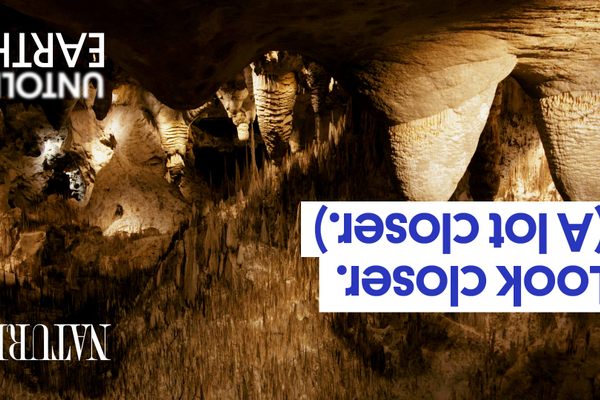


Follow us on Twitter to get the latest on the world's hidden wonders.
Like us on Facebook to get the latest on the world's hidden wonders.
Follow us on Twitter Like us on Facebook